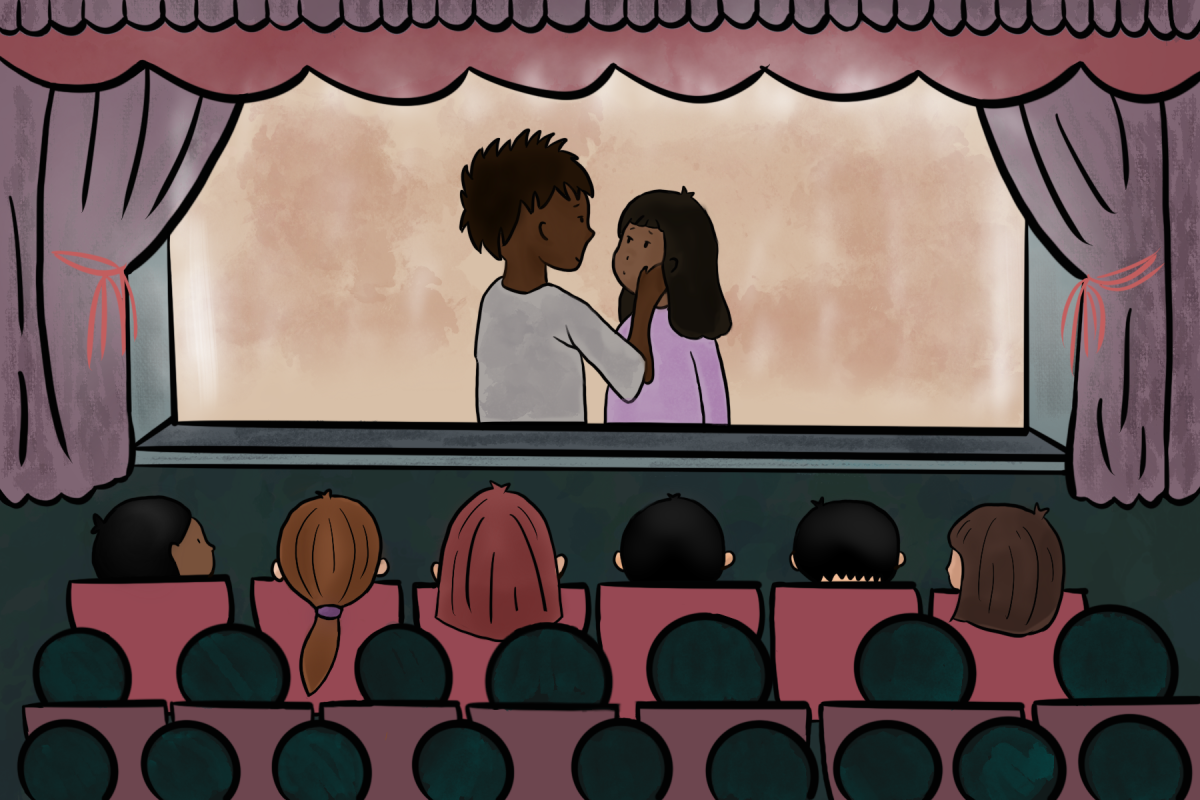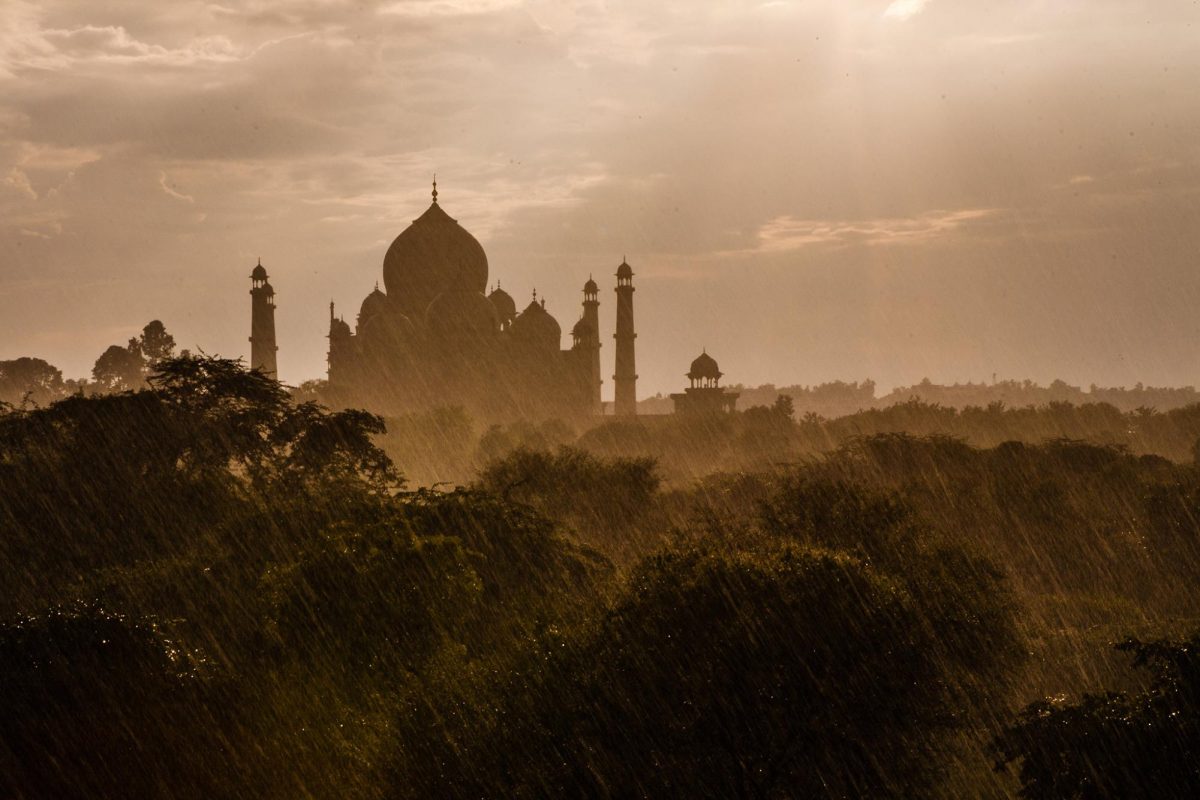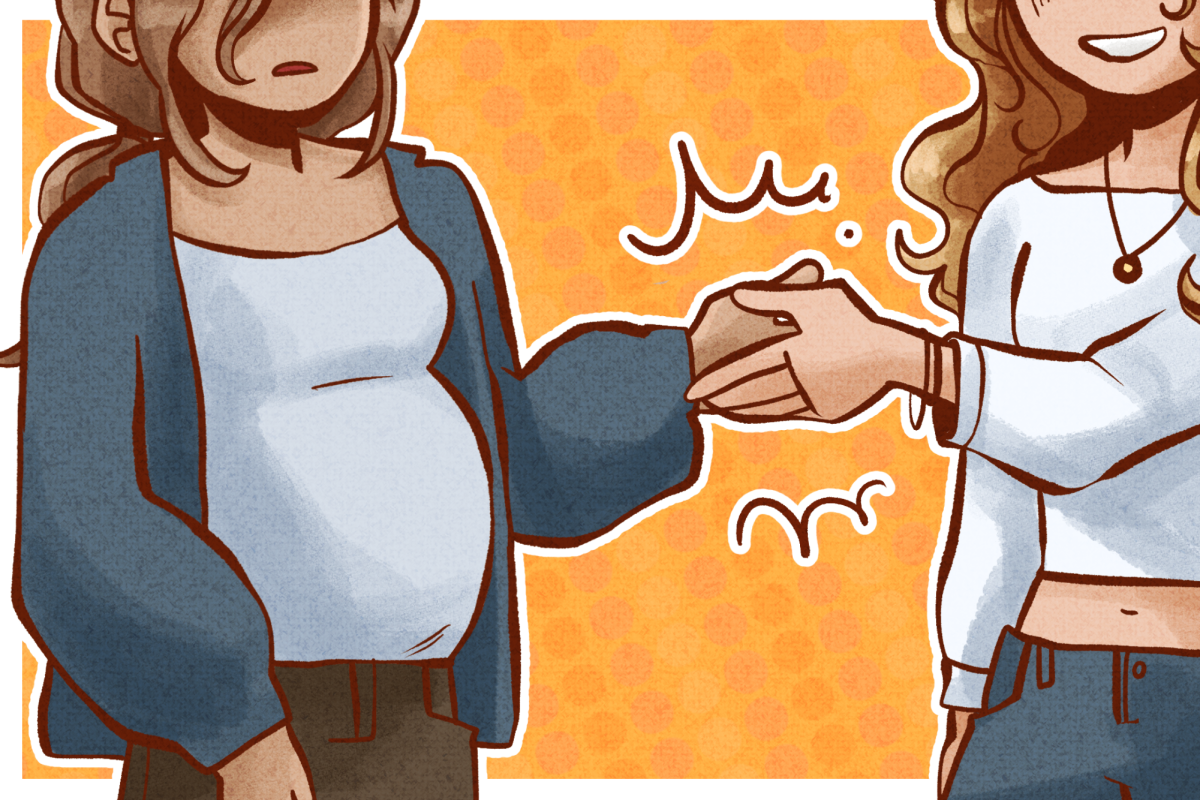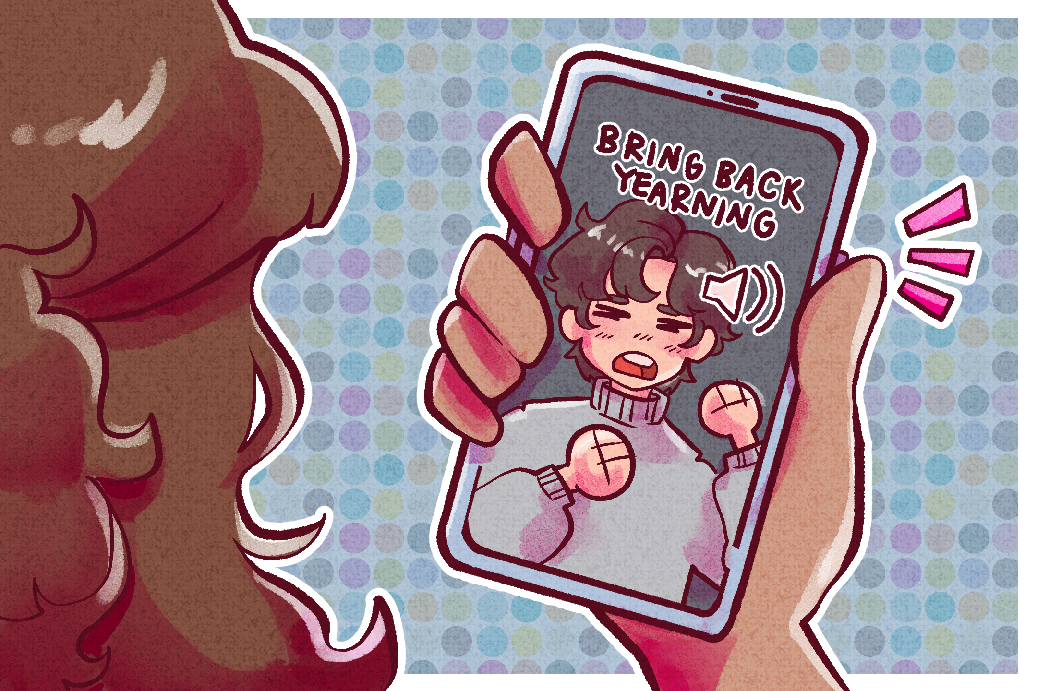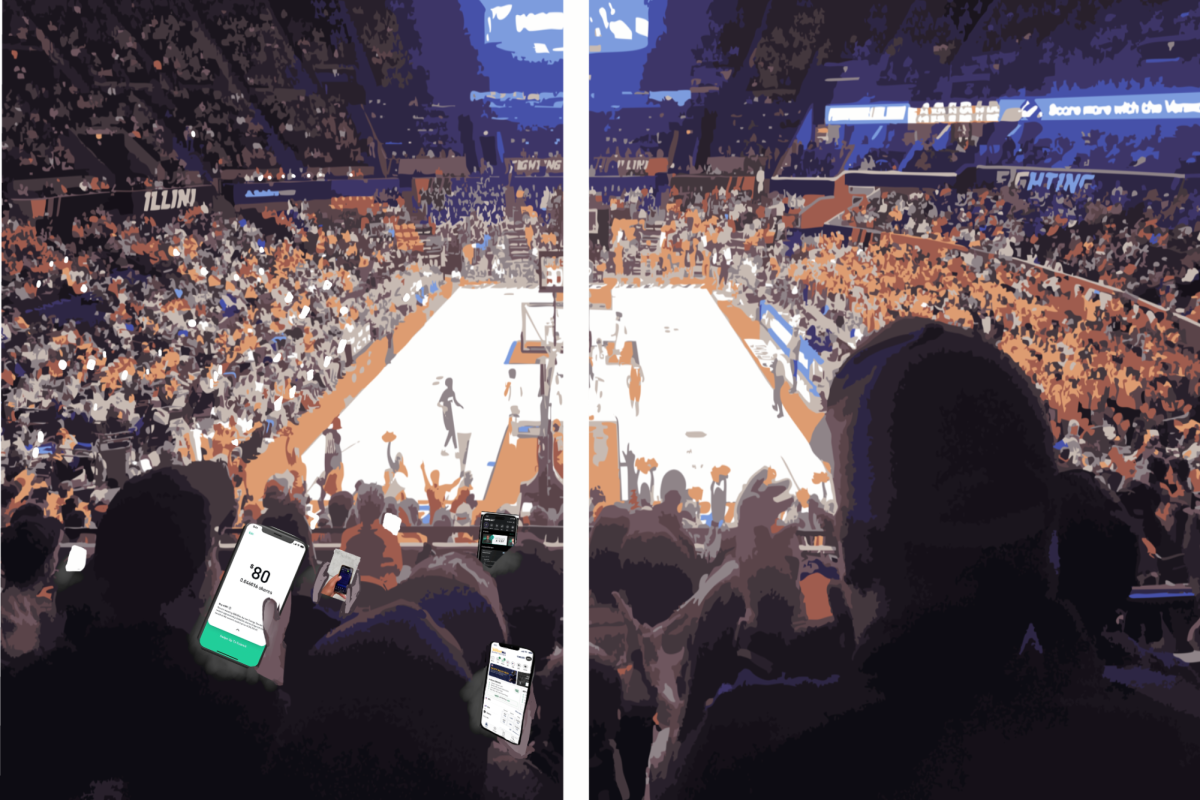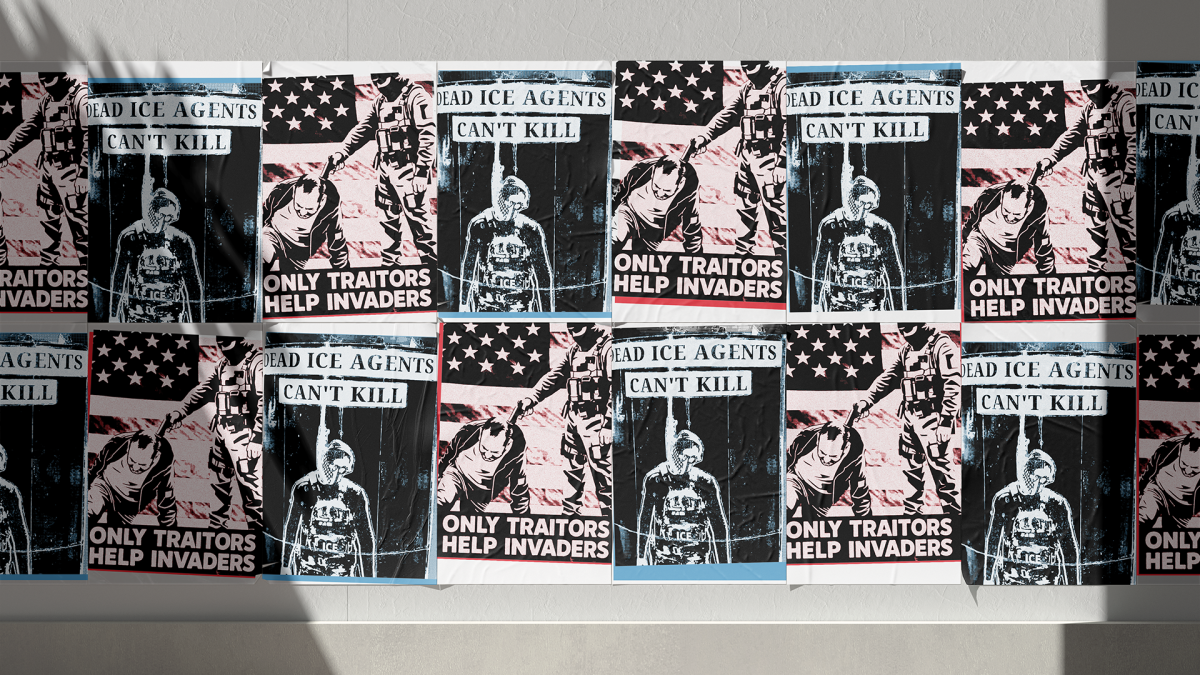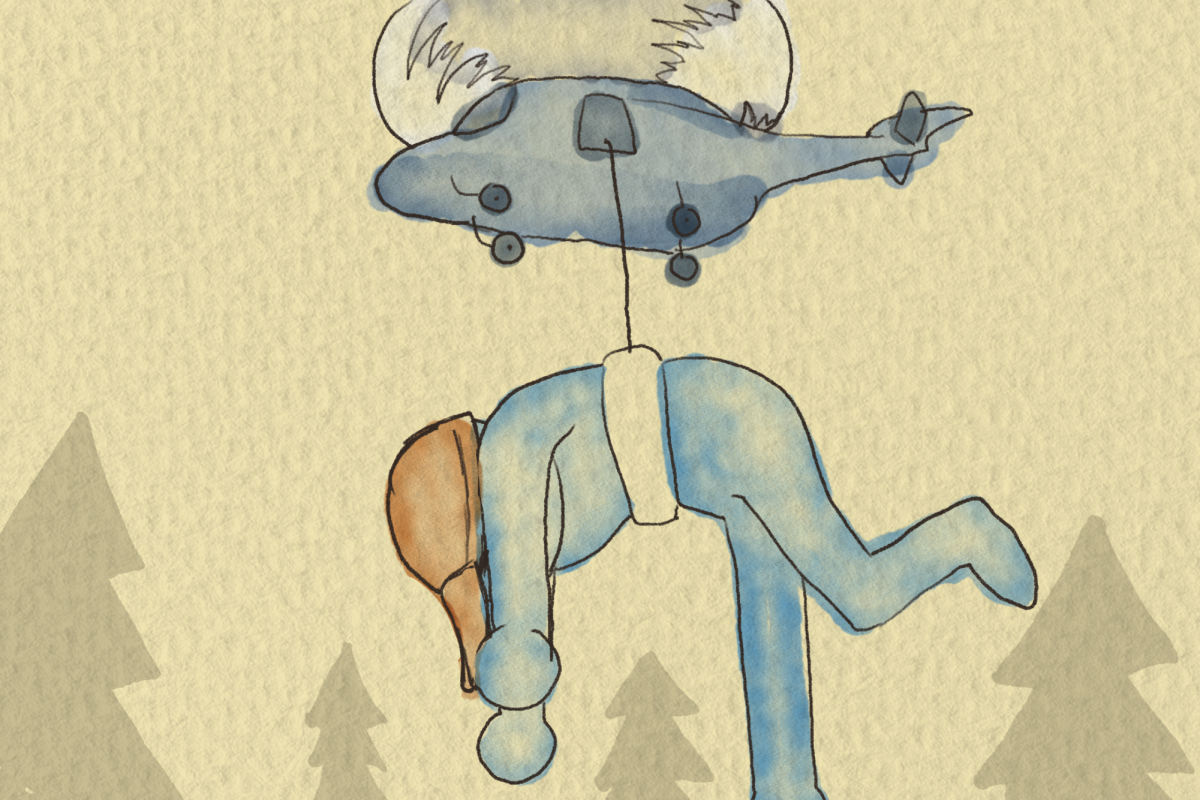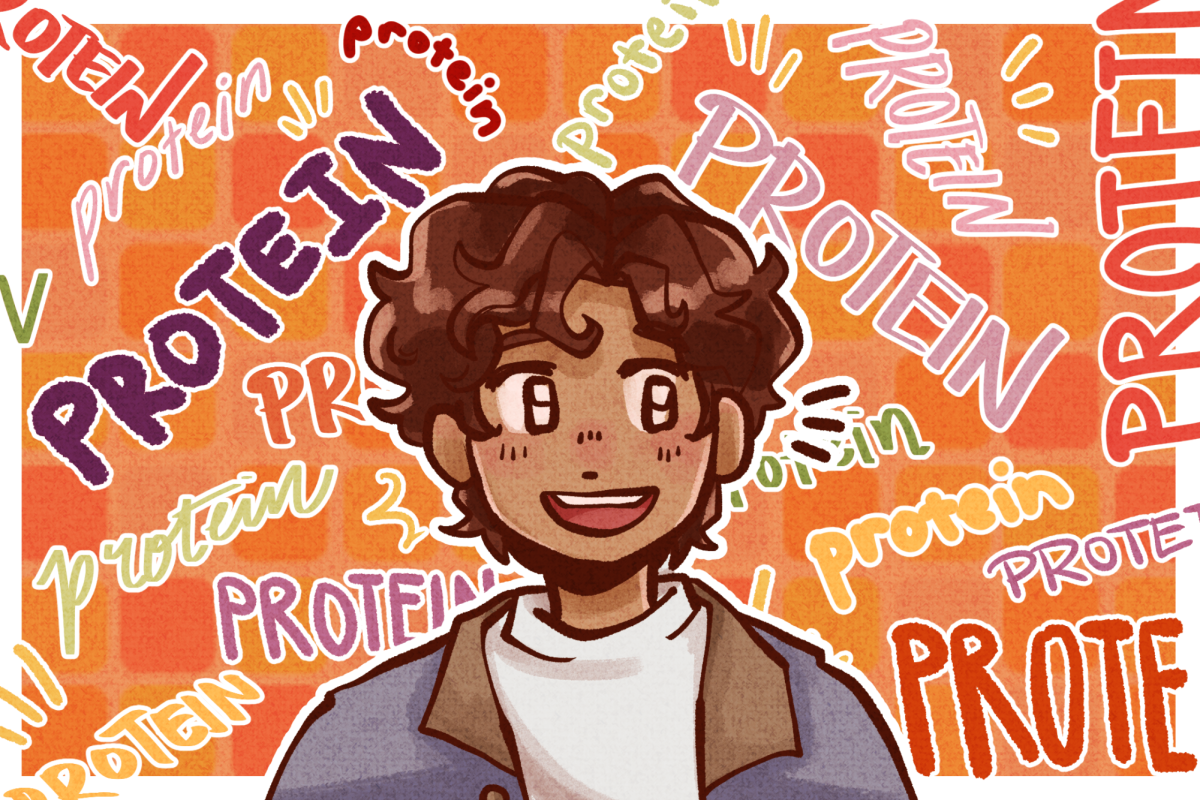Black love on screen has long been associated with struggle. After watching and rewatching Black classic and new romance films from winter break to now, I grappled with one question: Why does Black love on screen seem so impossible without some type of tension?
A lot of iconic Black romance films revolve around overcoming hardships such as societal barriers, infidelity and trauma before the happy ending can emerge. In “Poetic Justice,” Justice is grieving the loss of her boyfriend, making her emotionally guarded. Her love interest, Lucky, faces financial struggles, co-parenting challenges and grief of his own. Similarly, “The Best Man” is filled with turmoil like infidelity, career setbacks and even terminal illness.
Why do we rarely see Black love that’s full of the whimsical charm, effortless joy and ease we see in “When Harry Met Sally…” or in “10 Things I Hate About You?”
It’s time for a Black rom-com renaissance — one that highlights Black joy; one that displays a Black woman being the first choice and being loved gently; one that doesn’t require struggle to be a pit stop on the way to happily ever after.
This is in no way a knock on Black romances that have shaped our culture. A lot of these movies depicting love through struggle — and trauma at times — are some of my all-time favorites. They are nostalgic and beautifully written by Black creative hands.
Get The Daily Illini in your inbox!
I also understand that the struggle trope can reflect real-life challenges within the context of race and class that Black people face. This trope makes way for deeper storytelling and shows how love can be transformed through adversity.
Is the struggle-love trope necessary for compelling storytelling, or is it a tool Hollywood inflicts on Black characters due to its limited view of Black life?
Hollywood is holding Black romance hostage to trauma. It’s time for a shift in the narrative.
Society loves romance movies because they offer an escape from reality. They’re built around fantasy and the idea that love can be effortless, fun and void of struggle.
It seems that white love is allowed to be easy and aspirational, while Black love is tied to pain, trauma and uncertainty. Black viewers deserve to watch effortless and joyous love displayed by characters who look like them. Black viewers deserve to dream and escape, too.
It’s time to leave the cynical idea of Black love that Hollywood has given us. Black people are far too often subject to pain and trauma in the real world. We don’t want to see this pain and trauma played out in our on-screen love stories. Black love doesn’t have to be complicated.
A Black rom-com renaissance would highlight the peacefulness, joy and beauty of Black love in all its glory. This shift toward a new Black love narrative would reshape the way Black love is perceived in both Hollywood and society.
“The Photograph,” a Black romance film in 2020, shifted this narrative. The two protagonists each have their difficulties, but their love is beautiful and delicate.
The writer acknowledged the characters’ struggles, but in a way that wasn’t stereotypical. It’s respectful, tender and vulnerable. “The Photograph” depicts a Black love that is dreamy, inspiring and most importantly, healthy.
The impact of a Black rom-com renaissance would be profound. It would affirm to Black audiences that our healthy love stories are just as worthy of fantasy and celebration as anyone else’s.
The shift in the narrative could expand how Black people see their relationships and themselves. Black couples don’t always have to overcome extraordinary odds before they can be together.
Black joy is more important than Black struggle. We deserve to escape, too. After all, we have more to escape from.
Prayse in a junior in Media.



